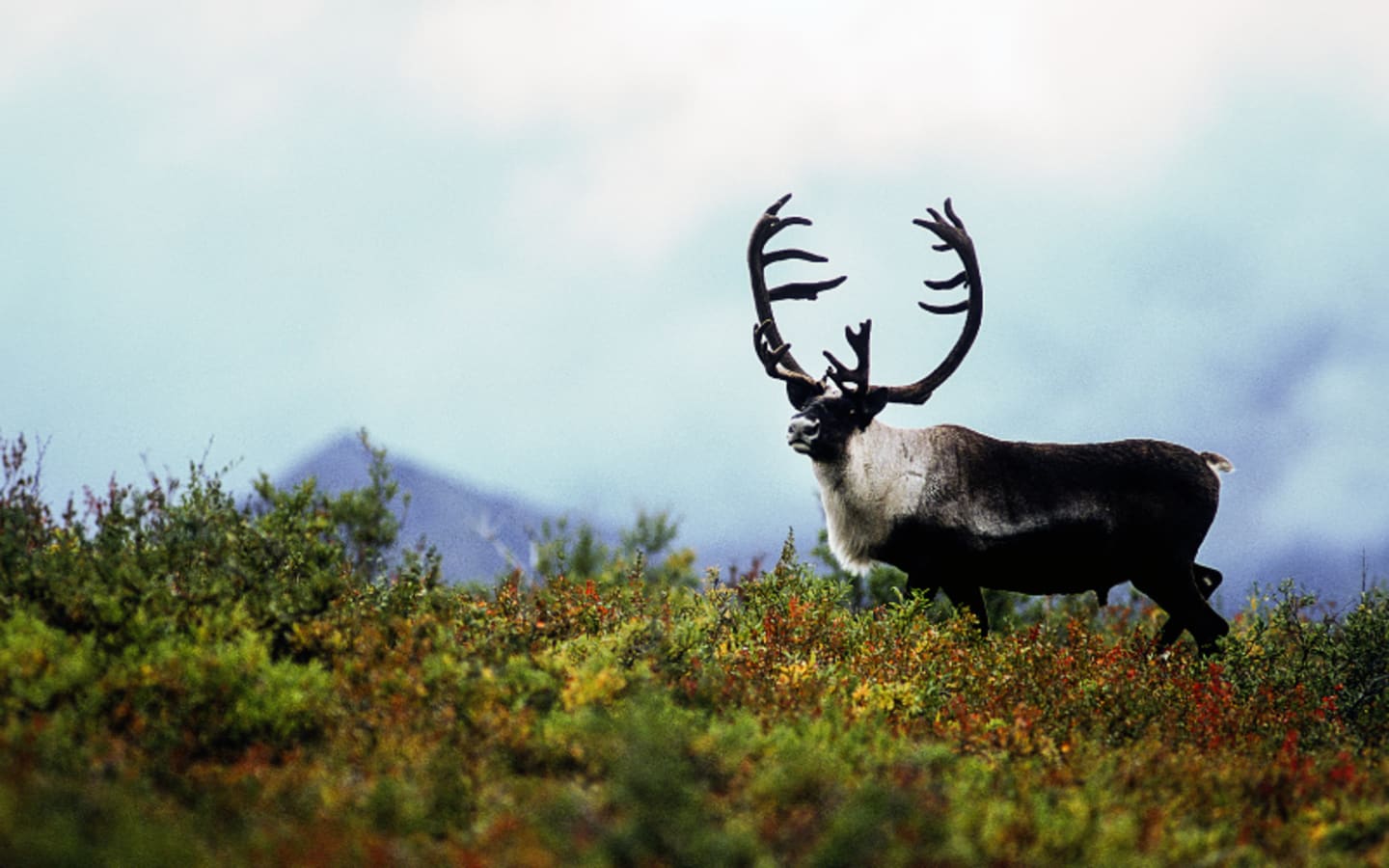In the middle of a government shutdown that's left national parks shuttered and folks scrambling without basic services, President Donald Trump has made a call that's got hunters breathing a sigh of relief. His administration has quietly told the U.S. Fish and Wildlife Service to keep the gates open for hunting across hundreds of National Wildlife Refuges. Even as thousands of federal workers sit at home without pay, and things like IRS help lines or EPA approvals grind to a halt, permitted hunts are pushing forward like nothing's wrong.
Picture this: the country has about 600 of these refuges, spots where guys head out for a day in the woods chasing deer, ducks, or whatever's in season. According to insiders at the Fish and Wildlife Service—who aren't supposed to talk but did anyway—an email went out to staff saying flat out, "All permitted hunts will continue." That's despite the shutdown hitting hard, with over 4,600 out of roughly 7,000 FWS employees furloughed. The Interior Department's plan spells it out: most folks are sent home, but a skeleton crew sticks around for safety stuff and law enforcement.
Trump's not treating everything the same during this mess. He's kept paychecks flowing to the military and even shifted some tariff money to food programs for the hungry. But on the flip side, a lot of everyday government work is stalled cold. National parks? Many are partially or totally closed, leaving families and outdoor enthusiasts out in the cold. Yet for hunters with permits, it's business as usual in these refuges.
Dig a little deeper, and it gets interesting. The official contingency plan says activities can only keep going if they don't need federal employees or contractors on site. But here's the rub: some unpaid workers are being pulled in to make hunting happen. One source said they're opening gates for hunters, while another mentioned that bare-bones staff and cops are clocking in without a dime to support the hunts. Visitor centers? Locked up tight. No tours, no info desks—just the basics to let hunters through.
The Interior Department stands by it, though. Their spokesperson, Elizabeth Peace, put out a statement saying they're all about keeping public lands open and accessible. She mentioned specific staff are on hand for public safety, permitting access to hunt areas, and protecting people and property. They even confirmed some workers are getting paid if their job ties into safety, law enforcement, or emergencies. And for the record, this isn't new—back in Trump's first term, when the government shut down before, hunting on refuges kept rolling too.
Now, not everyone's thrilled. Desirée Sorenson-Groves, who runs the National Wildlife Refuge Association—a group that pushes for these places without picking political sides—warns about the risks. Without full staffing, some people might stick to the rules, but others? Not so much. She talked about seeing someone drive right around a barrier at a refuge during the shutdown. "People will go out and do illegal hunting. People will go out and trespass," she said. And on hunting specifically: "We don’t let people police themselves, right? We don’t say: ‘Here’s your online tag for your deer. We trust you to just go get one deer.’"
It's a fair point for anyone who's spent time in the field. Refuges aren't just playgrounds; they're managed spots where rules keep things balanced for wildlife and people. Sorenson-Groves figures that without proper oversight, damage could creep in—stuff that hurts the very animals hunters go after. And the Interior folks? They insist staff are handling hunting in a safe, orderly way, with public safety as the top priority.
Other stuff can keep going too, as long as it doesn't need staff. Fishing? Sure, grab your rod and go. Wildlife watching or snapping photos? No problem, if you're on your own. But anything that requires employees—like running visitor centers or organized events—is off the table. This setup applies across the whole refuge system, from coast to coast.
The shutdown's biting deeper than just hunting access, though. Vital behind-the-scenes work is stalled out. At some refuges, they pump water into man-made ponds to create habitat for birds on the move during migration. That's not happening now. Maintenance crews aren't out fixing trails or fences. Group nature walks, birdwatching outings, and school programs where kids learn about the outdoors? All canceled. Even National Wildlife Refuge Week, set for mid-October, got scrapped nationwide.
Sorenson-Groves doesn't hold back on why this stings. "Why is it fair for there to be a hunt program, but then you can’t have an organized bird walk?" she asked. It's the kind of question that hits home for guys who value these lands not just for the hunt, but for the whole experience—teaching the next generation, keeping ecosystems healthy so game populations stay strong.
And staffing was already thin before this shutdown kicked in. Over the last 15 years, refuge worker numbers have dropped by 30 percent. Under Trump, it's gotten worse—the association estimates another 20 percent cut since he took office in January. Groups like Defenders of Wildlife say more than half the refuges didn't even have on-site staff before all this. Sorenson-Groves called it straight: "The refuge has just been decimated over the past several months." She figures the real fallout might not show for a couple years, when wildlife numbers start dipping or habitats degrade.
In the end, she lays it at Congress's feet. "You have a job to do, Congress. You need to work together, and you need to figure out a way to fund the government so that all public lands are funded, the staff are funded and they are all open." It's a call for action that resonates with anyone tired of Washington gridlock messing with their time in the great outdoors.
This whole situation shines a light on how shutdowns ripple out, hitting places that mean a lot to everyday Americans. For hunters, it's a win in the short term—access preserved when so much else is locked down. But the bigger picture? It raises questions about fairness, safety, and the long haul for these treasured spots. As the shutdown drags on, folks are left wondering if the trade-offs are worth it, and when things will get back to normal so they can enjoy the refuges without the drama.





